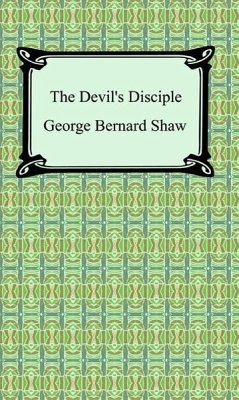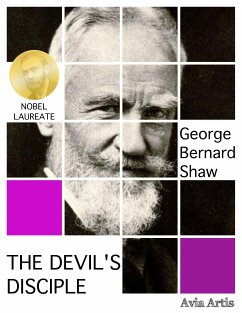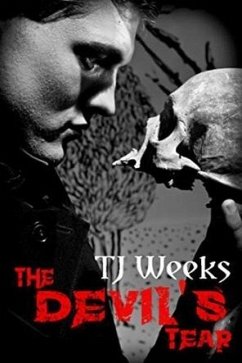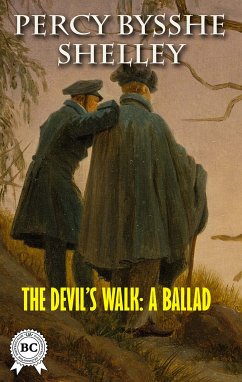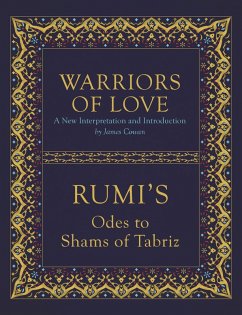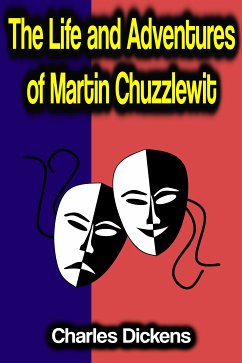
The Devil's Disciple (eBook, ePUB)

PAYBACK Punkte
0 °P sammeln!
The Devil's Disciple George Bernard Shaw - The Devil's Disciple is an 1897 play written by Irish dramatist George Bernard Shaw. The play is Shaw's eighth, and after Richard Mansfield's original 1897 American production it was his first financial success, which helped to affirm his career as a playwright. It was published in Shaw's 1901 collection Three Plays for Puritans together with Captain Brassbound's Conversion and Caesar and Cleopatra. Set in Colonial America during the Revolutionary era, the play tells the story of Richard Dudgeon, a local outcast and self-proclaimed "Devil's disciple"....
The Devil's Disciple George Bernard Shaw - The Devil's Disciple is an 1897 play written by Irish dramatist George Bernard Shaw. The play is Shaw's eighth, and after Richard Mansfield's original 1897 American production it was his first financial success, which helped to affirm his career as a playwright. It was published in Shaw's 1901 collection Three Plays for Puritans together with Captain Brassbound's Conversion and Caesar and Cleopatra. Set in Colonial America during the Revolutionary era, the play tells the story of Richard Dudgeon, a local outcast and self-proclaimed "Devil's disciple". In a twist characteristic of Shaw's love of paradox, Dudgeon sacrifices himself in a Christ-like gesture despite his professed Infernal allegiance.
Dieser Download kann aus rechtlichen Gründen nur mit Rechnungsadresse in A, B, BG, CY, CZ, D, DK, EW, E, FIN, F, GR, H, IRL, I, LT, L, LR, M, NL, PL, P, R, S, SLO, SK ausgeliefert werden.





